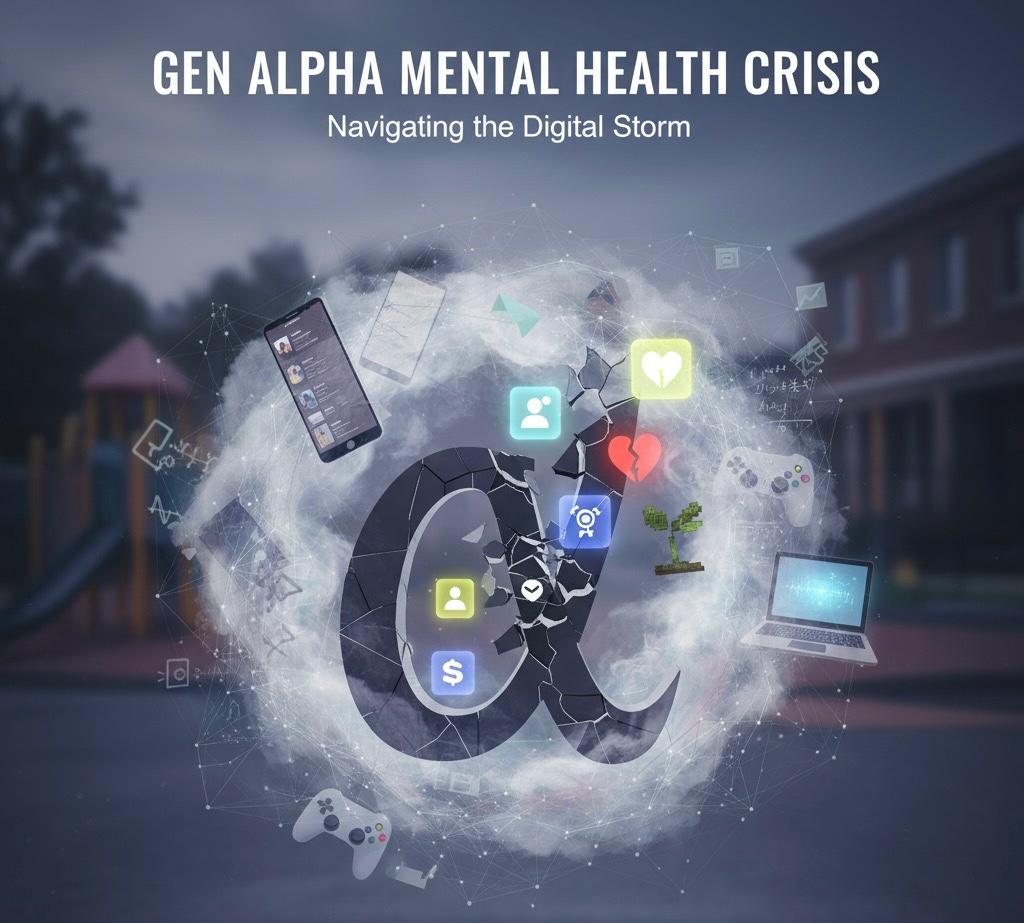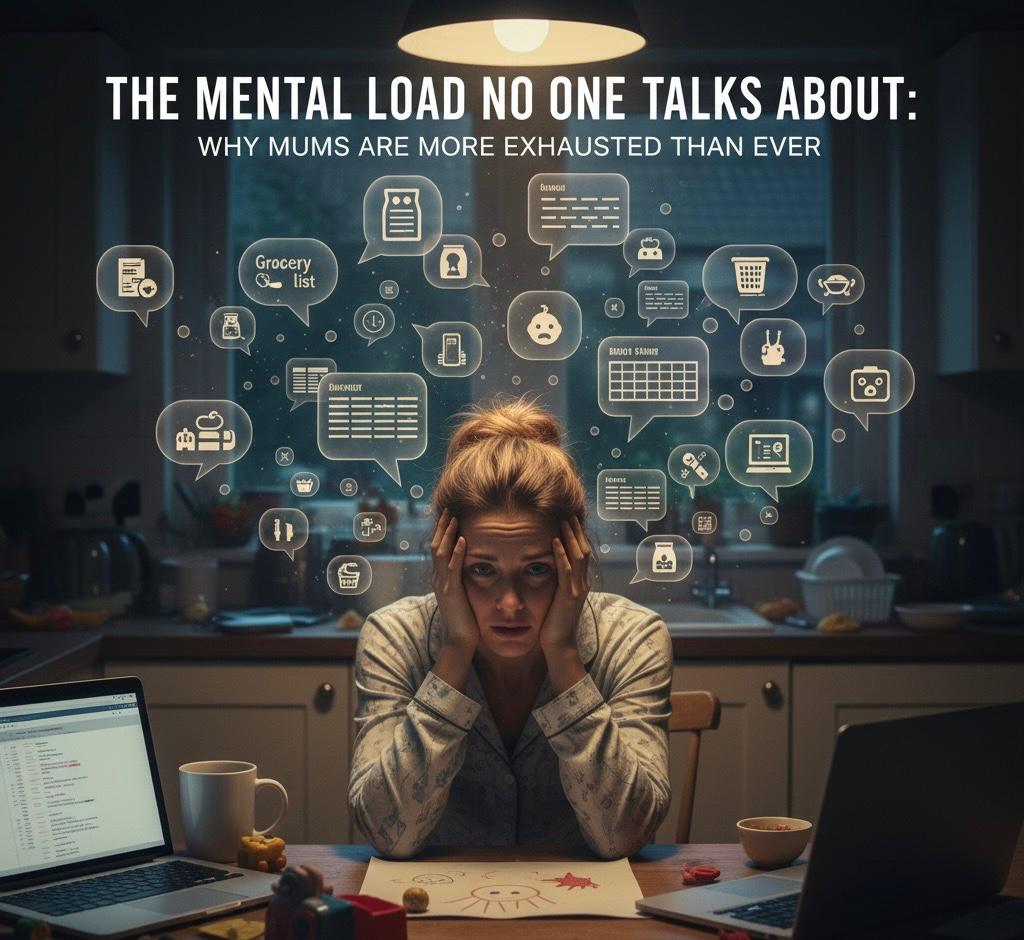Securing government funding to access psychological services in the United States can seem daunting. However, a range of public programs and initiatives is in place to improve affordability and accessibility for individuals seeking mental health support (Substance Abuse and Mental Health Services Administration [SAMHSA], 2021). Below, we explore key pathways—including Medicaid, Medicare, and government-sponsored insurance marketplaces—while highlighting strategies to maximise the benefits you are entitled to.
Keywords: Government-funded psychology, Mental health coverage, Subsidised therapy, Medicaid mental health, Medicare mental health, Affordable Care Act (ACA), CHIP (Children’s Health Insurance Program)
1. Understanding the Importance of Government Funding
The World Health Organization (WHO) estimates that mental health conditions account for a significant portion of the global burden of disease (World Health Organization, 2022). In the US, government-backed programs aim to reduce out-of-pocket costs and ensure that individuals, regardless of socioeconomic status, can access professional support from psychologists and other mental health providers (National Institute of Mental Health [NIMH], 2021).
Key benefits of government funding for mental health include:
- Reduced Financial Barriers: Subsidised or fully covered therapy sessions can lessen the cost burden on individuals (Centers for Medicare & Medicaid Services [CMS], 2020).
- Greater Access to Services: People in remote or under-served areas can gain access to psychologists through Telehealth services.
- Focus on Preventive Care: Early intervention and ongoing treatment can be more affordable with government assistance, improving long-term mental health outcomes (SAMHSA, 2021).
2. Medicaid: Support for Low-Income Individuals
Medicaid is a state and federal program designed to help low-income Americans access medical services, including mental health care (CMS, 2020). Eligibility criteria differ by state but typically factor in income, family size, and specific needs (e.g., disability status).
What Medicaid Covers
- Diagnostic assessments, therapy sessions, and sometimes medication management.
- Telehealth psychology services, subject to state regulations.
- Certain preventive and rehabilitative mental health services, such as community-based care.
How to Apply
- Check State-Specific Requirements: Each state manages its own Medicaid program under federal guidelines, so coverage and eligibility can vary.
- Application Channels: You may apply via your state’s Medicaid agency website, healthcare.gov, or by phone.
- Documentation: Applicants typically need to provide proof of income, identity, and residency.
3. Medicare: Coverage for Seniors and Individuals with Disabilities
Medicare is a federal health insurance program, primarily serving individuals aged 65 and above, as well as younger people with specific disabilities (CMS, 2019). Mental health coverage under Medicare applies to both inpatient and outpatient services, offering partial reimbursement for treatment from psychologists, psychiatrists, and other licensed professionals.
Parts of Medicare That Cover Mental Health
- Part A (Hospital Insurance): Covers inpatient mental health treatment in hospitals.
- Part B (Medical Insurance): Assists with costs for outpatient services, including therapy and consultations with mental health professionals.
- Medicare Advantage (Part C): Offers at least the same coverage as Parts A and B but can include additional benefits, depending on the plan.
4. Affordable Care Act (ACA) and Insurance Marketplaces
The Affordable Care Act (ACA) established online marketplaces where individuals and families can shop for subsidised health plans, many of which include mental health coverage (U.S. Department of Health and Human Services [HHS], 2021). Insurance providers on these marketplaces must adhere to mental health parity laws, ensuring psychological services are covered on par with physical health treatments (Mental Health Parity and Addiction Equity Act, 2008).
Accessing ACA Benefits
- Open Enrollment: Typically occurs towards the end of each calendar year, but special enrollment periods may apply after significant life events (e.g., marriage, loss of coverage).
- Subsidies and Tax Credits: Depending on income, you may qualify for lower premiums or cost-sharing reductions.
- Essential Health Benefits: Plans must cover key services, including mental health and substance abuse treatment.
5. CHIP: Children’s Health Insurance Program
The Children’s Health Insurance Program (CHIP) provides healthcare coverage to children in families who earn too much to qualify for Medicaid but not enough to afford private insurance (CMS, 2020). Many CHIP programs cover behavioural health assessments and therapy sessions tailored to minors.
Key Details
- Eligibility varies by state, with some states integrating CHIP into Medicaid.
- Coverage includes developmental screenings and mental health support for children and adolescents.
- Families often pay low or no premiums, depending on their income.
6. Additional Avenues for Government-Funded Mental Health Support
Community Health Centres
- Federally funded centres that offer mental health assessments, counselling, and group therapy.
- Fees are often sliding-scale, based on household income (SAMHSA, 2021).
Veterans Affairs (VA)
- Veterans enrolled in the VA healthcare system can receive mental health services, including therapy and psychiatric care (U.S. Department of Veterans Affairs, 2021).
Grant-Funded Programs
- Non-profit organisations and universities may run grant-funded counselling programs at reduced or no cost.
- SAMHSA often provides grants to local communities to develop or expand mental health services.
7. Tips for Navigating the System
- Understand Your Eligibility: Each program has unique criteria based on factors like age, income, and health conditions.
- Keep Documents Updated: Proof of income, ID, and state residency are commonly required during enrolment or renewal.
- Compare Plans: If choosing through the ACA Marketplace, compare mental health benefits, copayments, and provider networks.
- Ask for Clarifications: Government program rules can be complex. Contact your state’s health department or a licensed insurance broker for guidance.
8. Challenges and Ongoing Developments
Despite multiple funding streams, barriers remain:
- Provider Shortages: Rural or remote areas often have limited numbers of psychologists, affecting timely access.
- Stigma and Awareness: Some individuals may not seek support due to misconceptions surrounding mental health treatment (NIMH, 2021).
- Policy Changes: Funding levels and eligibility criteria may shift with legislative changes at both federal and state levels (HHS, 2021).
Continuing reforms, telehealth expansion, and an increasing focus on preventative care suggest that access to government-funded psychological services will likely improve in coming years. Understanding available programs, eligibility, and application processes is crucial for anyone in the US looking to reduce the financial strain of psychological care.
Conclusion
Government funding plays a vital role in broadening access to psychological services across the United States. Programs like Medicaid, Medicare, the ACA Marketplace, and CHIP work in tandem with community-based initiatives to ensure that more individuals can obtain quality mental health support. By comprehensively researching and applying for the relevant forms of assistance, Americans can minimise out-of-pocket expenses and focus on improving their mental well-being.
If you believe you or a family member may qualify for any of these government-funded options, explore official resources such as healthcare.gov, medicaid.gov, or your state’s health department website. Armed with knowledge of your rights and benefits, you can pursue the psychological support you need without prohibitive financial barriers.
References
- Centers for Medicare & Medicaid Services (CMS) (2019) Medicare & You. Available at: https://www.medicare.gov/
- Centers for Medicare & Medicaid Services (CMS) (2020) Medicaid & CHIP Coverage. Available at: https://www.medicaid.gov/.
- Mental Health Parity and Addiction Equity Act (2008) Public Law 110-343. Available at: https://www.congress.gov/.
- National Institute of Mental Health (NIMH) (2021) Mental Illness. Available at: https://www.nimh.nih.gov/.
- Substance Abuse and Mental Health Services Administration (SAMHSA) (2021) National Helpline. Available at: https://www.samhsa.gov/.
- U.S. Department of Health and Human Services (HHS) (2021) HealthCare.gov. Available at: https://www.healthcare.gov/.
- U.S. Department of Veterans Affairs (2021) VA Health Care. Available at: https://www.va.gov/.
- World Health Organization (WHO) (2022) Mental Health. Available at: https://www.who.int/.
Enjoyed Our Free Daily Mental Health Articles?
If you find value in our insights and resources, we’d love to hear from you! Please consider visiting our Google Business Profile nearest to your location and leaving a review. Your feedback not only helps us improve but also allows us to continue providing free, high-quality mental health articles to support your wellbeing every day. Thank you for your support!
How to get in touch
If you or your NDIS participant need immediate mental healthcare assistance, feel free to get in contact with us on 1800 NEAR ME – admin@therapynearme.com.au.







